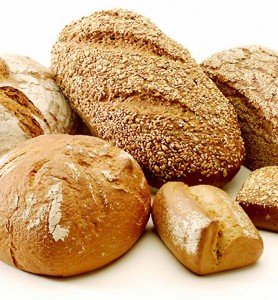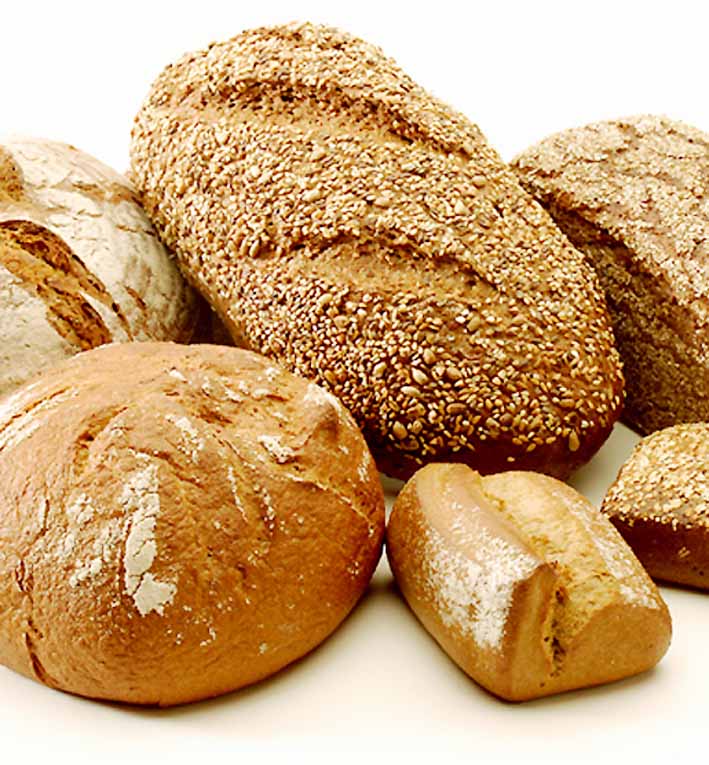There is an old latin phrase, panem et circenses, made famous by Juvenal of Ancient Rome.
“Already long ago, from when we sold our vote to no man, the People have abdicated our duties; for the People who once upon a time handed out military command, high civil office, legions — everything, now restrains itself and anxiously hopes for just two things: bread and circuses …
-Juvenal, Ancient Rome
The concept of bread and circuses refers to the strategy of rulers that involves satiating the population by gratifying superficial and shallow desires as a means of winning favor. Instead of celebrating and extolling the virtues of the engineers who build modern marvels or the scientists who create the next generation of life-saving pharmaceuticals, electing those who do the right thing regardless of popularity or are willing to sacrifice the consumption of today for the investment returns of tomorrow, everything is sugar water that provides a temporary high but will inevitably result in a crash.

Bread and Circuses, or Panem et Circenses, is a policy of appeasing the masses through their base desires, ignoring more important, challenging, and rewarding social programs that might be unpopular in the short-term.
I think of bread and circuses as an engineering culture versus a carnival or parade culture. There is nothing wrong with carnivals and parades, but man cannot exist on such events alone.
Some days, I worry that the United States is veering too heavily in the direction of bread and circuses. At lunch with friends yesterday, the teacher among us was talking about how some school districts in the area have given up teaching grammar, punctuation, and essay writing for “creative writing workshops” that help children express themselves. Instead of being able to logically structure, construct, and produce a persuasive argument that can bring job employment and opportunity, these children are now primed to join the ranks of the vapid masses, posting videos and tweets about how they feel, never considering that feelings alone aren’t sufficient if you can’t justify your position.
Despite all of this, I remain a long-term optimist. Human nature is an interesting thing. Fulfillment, and empowerment, requires achievement. A person needs to be able to point to something they have done – built a family, raised children, grown a business, constructed a bridge, cultivated a garden, or farmed a field of wheat – and say, “It is good.” This need is in us at such a deep genetic level that psychologists penned the term “affluenza” to describe the social angst, malaise, and general feeling of worthlessness that plagues those who live off their parents’ financial support without achieving personal self-sufficiency and autonomy.
To know this truth – that men and women need a purpose as well as a paycheck – gives you insight into why the unrest is so great in the population hit hardest by the most recent economic collapse; men with a high school degree or lower. A few generations ago, such men were building roads, constructing skyscrapers, manufacturing cars, and making light bulbs. They had a purpose. They made life better and they could point to something for which they were responsible and say, “I did that.”
[mainbodyad]With the structural shifts in the global economy, that is no longer possible. It is not merely the loss of a paycheck and standard of living that drives the unrest; it is a lack of disciplined purpose to which one can devote his or her life.
Bread and circuses is not a sustainable policy. In the end, those who cling to the sugar high, the undisciplined demands of entitlement, who cannot make hard, painful decisions, will see themselves, their family, their town, their county, their state, and their country left in the dust; conquered, either literally or proverbially, by those willing to focus on the more substantial issues in life.



